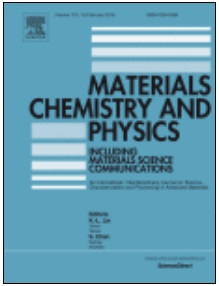Ultrafast and fast charge separation processes were investigated for complete cells based on several ZnO-based photoanode nanostructures and standard TiO2 nanoparticle layers sensitized with the indoline dye coded D358. Different ZnO morphologies (nanoparticles, nanowires, mesoporous), synthesis methods (hydrothermal, gas-phase, electrodeposition in aqueous media and ionic liquid media) and coatings (ZnO–ZnO core–shell, ZnO–TiO2 core–shell) were measured by transient absorption techniques in the time scale from 100 fs to 100 μs and in the visible and near-infrared spectral range. All of ZnO cells show worse electron injection yields with respect to those with standard TiO2 material. Lower refractive index of ZnO than that of TiO2 is suggested to be an additional factor, not considered so far, that can decrease the performance of ZnO-based solar cells. Evidence of the participation of the excited charge transfer state of the dye in the charge separation process is provided here. The lifetime of this state in fully working devices extends from several ps to several tens of ps, which is much longer than the typically postulated electron injection times in all-organic dye-sensitized solar cells. The results here provided, comprising a wide variety of morphologies and preparation methods, point to the universality of the poor performance of ZnO as photoanode material with respect to standard TiO2

